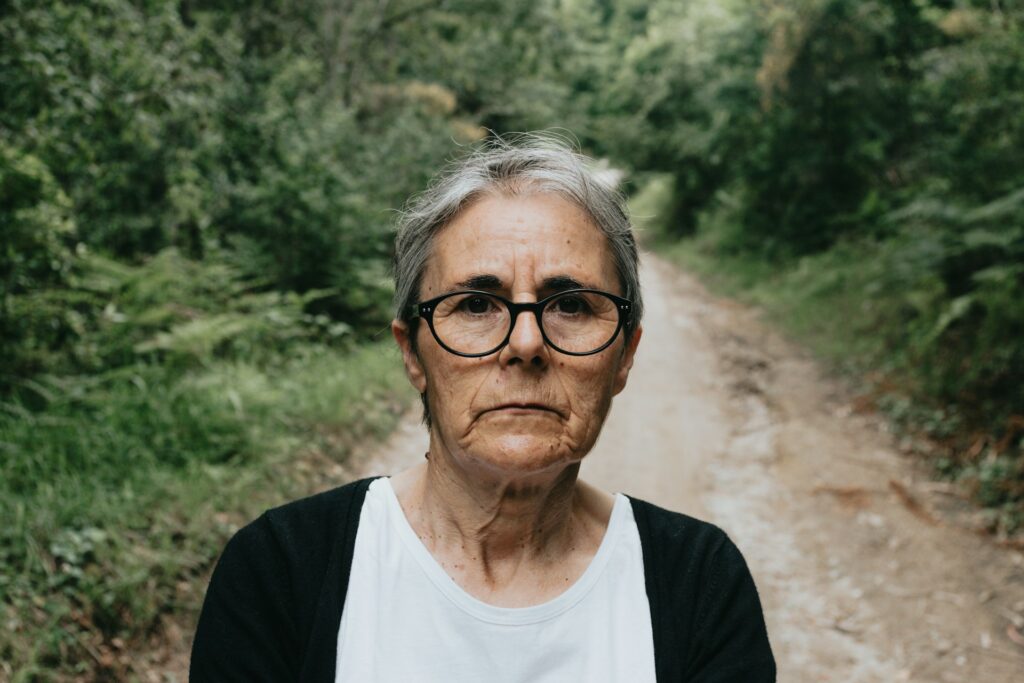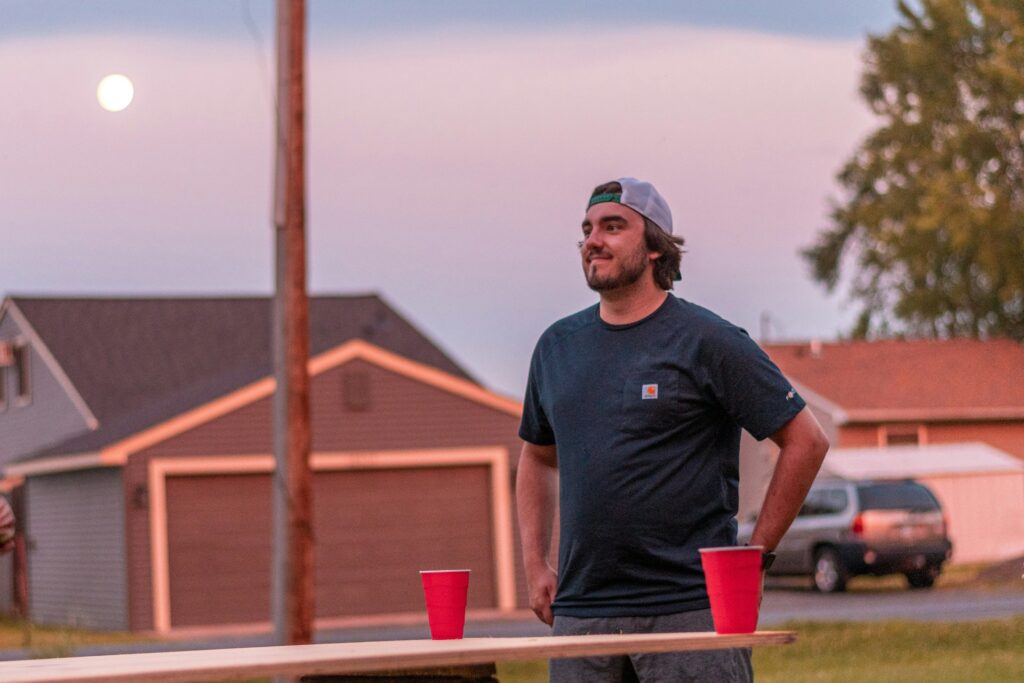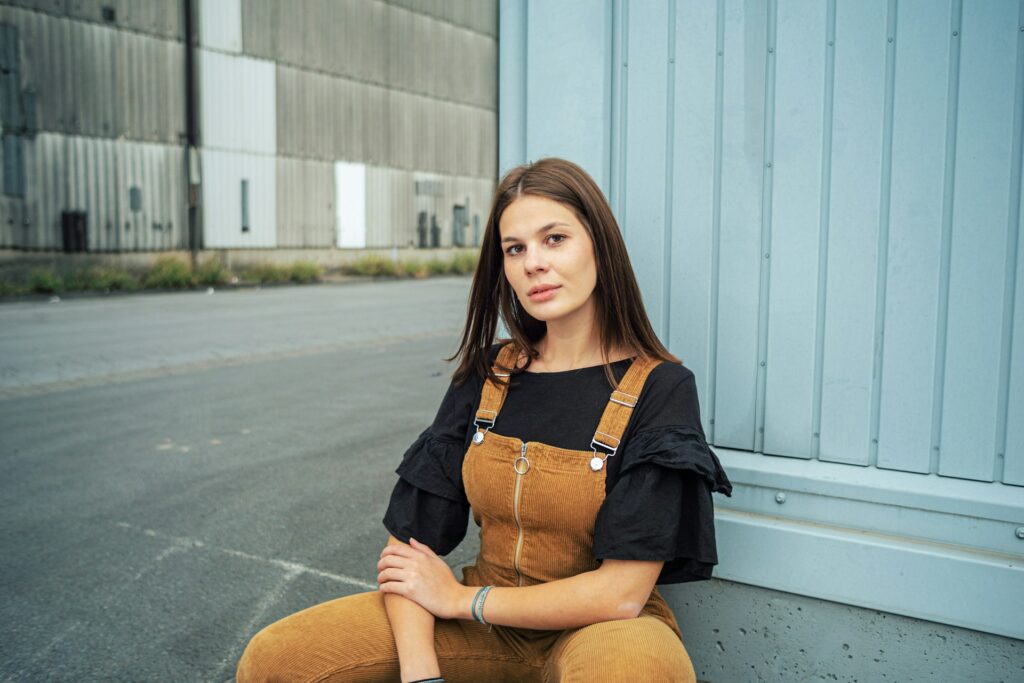People who don’t care about the planet often say these 13 things

Not everyone wants to talk about climate change or conservation. Some people just roll their eyes and move on. However, what they say—or don’t say—speaks volumes. There are a few phrases that tend to pop up again and again, often as excuses, deflections, or ways to avoid doing anything that might disrupt their own comfort. While it’s tempting to argue back, it’s just as useful to recognise these patterns for what they are: signs that someone hasn’t connected the dots between daily life and the health of the planet.
These phrases don’t always come from a place of hostility. Sometimes, they come from weariness, confusion, or the feeling that it’s all just too big to tackle. But even then, they reflect a way of thinking that pushes the problem out of sight, downplays the urgency, or shrugs off the role we all play. The truth is, change doesn’t happen through perfection. It happens through awareness and effort, even when it feels small.
1. “It’s not my problem.”

This one says it all. If someone thinks the climate crisis, pollution, or habitat destruction doesn’t affect them directly, they’re less likely to care. But the truth is, it affects everyone. Clean air, safe water, stable weather—none of that exists in a vacuum. Whether it’s rising grocery prices linked to extreme weather or increased respiratory illness from air pollution, the impacts find their way into all our lives.
Dismissing it as someone else’s issue means ignoring how deeply connected we are to the systems around us. If the environment isn’t your problem, what is?
2. “I’ll be dead by then.”

Short-sighted and selfish, this phrase dismisses the future entirely. It ignores the fact that climate change is already here, not just something for future generations to worry about. Heatwaves, floods, food shortages, and ecosystem collapse aren’t future problems; they’re happening now.
It also shows a disregard for the lives of younger people, from children and grandchildren to people in parts of the world already bearing the brunt of environmental breakdown. It assumes we don’t owe anything to anyone coming after us, which is a pretty bleak outlook to live by.
3. “What difference can one person make?”

This sounds humble, but it’s really a way to do nothing. Every system is made up of individuals. Every movement starts with one person. That logic only holds up if everyone else is doing something, and even then, it misses the point.
Change is rarely instant or obvious. But personal choices create demand, spark conversations, shift cultural norms, and influence industries. One person driving less, eating differently, or voting with the climate in mind may seem minor… until it’s one of many.
4. “It’s all natural. The climate’s always changed.”

Yes, the climate has changed before. But not like this. The current rate of warming is unprecedented, and it’s directly linked to human activity, especially the burning of fossil fuels. Scientists have been extremely clear: this is not just another natural cycle.
Using history as a shield to avoid facing present reality is misleading. It’s like saying forest fires are natural while pouring petrol on the trees. Nature can change, yes, but we’re accelerating it far beyond anything the planet has seen.
5. “Recycling is pointless.”

It’s not perfect, and it’s definitely not the whole solution. But dismissing it entirely ignores how much waste we generate and how systems can improve if enough people take part. It’s a small habit that still matters, and helps keep resources in use longer.
More importantly, the point isn’t just about one bin. It’s about engaging with the bigger idea: that what we consume has a cost, and we need to be part of the solution. Acting like it doesn’t matter lets the waste pile up, quite literally.
6. “Electric cars are worse for the environment.”

While it’s true that EVs have an environmental cost, especially in how batteries are made, they’re still better than petrol or diesel vehicles over time. This kind of statement usually skips the nuance and is designed to shut down the conversation before it even starts.
Yes, manufacturing electric cars takes energy. However, once on the road, they emit far less, and they become cleaner as electricity grids shift to renewables. It’s not about perfection. It’s about moving in the right direction.
7. “We’ve got bigger problems.”

Sometimes people say this during a political crisis, war, or economic downturn. But climate change and environmental damage make all those things worse, not better. They’re not separate issues. They feed into each other, fuelling inequality, displacing people, and increasing tension over food and resources.
Acting as though the climate can be put on hold until the world is peaceful and prosperous is unrealistic. We don’t get to choose when the planet needs our attention.
8. “I just want to enjoy my life.”

Fair enough, but at what cost? Wanting to live comfortably is normal. But if that comfort comes at the expense of clean air, safe food, or stable communities, there’s a bigger problem. A healthy planet underpins everything we enjoy, from beach holidays to weekend barbecues. Living well and living sustainably don’t have to be at odds. But pretending that the two are incompatible often means refusing to look beyond personal convenience.
9. “It’s all just scare tactics.”

Climate science isn’t fear-mongering. It’s data. Scientists aren’t warning us for fun. They’re doing it because the evidence is overwhelming. Dismissing it as drama is often a way to avoid the discomfort of reality. If anything, scientists tend to be cautious in how they communicate risk. When the warnings sound serious, it’s because they are. Brushing them off as hype doesn’t make the facts any less true.
10. “I recycle sometimes, so I’m doing my bit.”

One green habit doesn’t cancel out the rest. It’s a start, sure, but it’s not a free pass. People who say this often use it as a shield to avoid more meaningful changes, like cutting down on flights, reducing meat, or using less energy. No one is perfect, and no one has to be. But if you use one good action as an excuse to ignore everything else, it stops being a step forward and starts becoming a distraction.
11. “It’s up to governments and big companies.”

They definitely have a huge role to play. But waiting for them to fix it all is a good way to make sure nothing changes. Consumers influence markets. Voters influence policy. Collective action works when individuals take part. Yes, systemic change is needed. But systems are made of people, and pressure from the ground up is how change happens. The more we act like we have power, the more we actually do.
12. “People are overreacting.”

Telling people they’re being too emotional or dramatic is a classic way to shut down concern. But worry isn’t overreaction when it’s backed by science, real-world evidence, and lived experience. Communities are losing homes to fire and flood. Food chains are breaking down. People are right to care. What looks like an overreaction to one person might be a perfectly reasonable response to another living with the consequences. Empathy, not dismissal, is what’s needed.
13. “We’ll just adapt.”

We will have to, yes. But that doesn’t mean we shouldn’t also try to prevent the worst. Adaptation has limits, and not everyone will be able to do it equally. Some countries and communities will be hit harder and sooner. Assuming we’ll simply figure it out is a form of denial dressed up as pragmatism. The truth is, adaptation alone won’t protect biodiversity, won’t save coastlines, and won’t undo lost time. Prevention still matters.
These phrases often sound casual, even harmless, but they’re not.

In reality, they reflect a mindset that pushes the responsibility elsewhere—onto governments, scientists, the next generation. And while no one can fix the climate crisis alone, we all have a part to play. Recognising the excuses is the first step toward moving past them, and doing something that actually helps.
We don’t need everyone to care about the planet in exactly the same way. But we do need more people to stop pretending it’s someone else’s job. The sooner we stop hiding behind these phrases, the sooner we can start building a world that works for more than just right now.